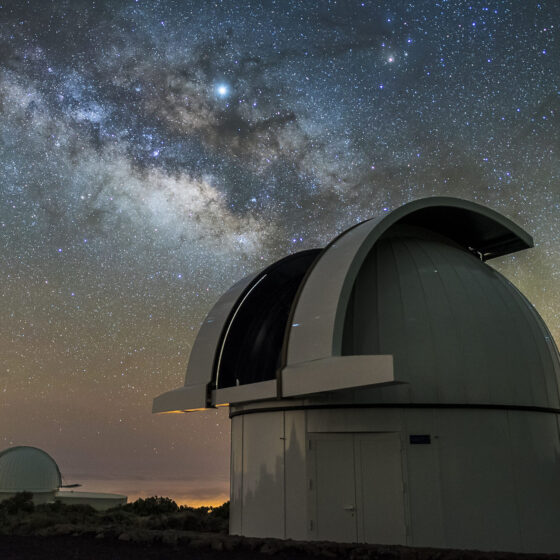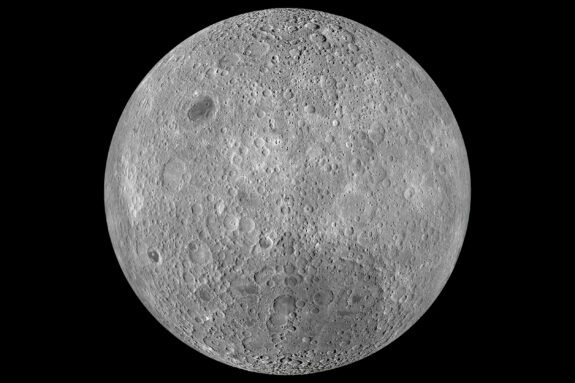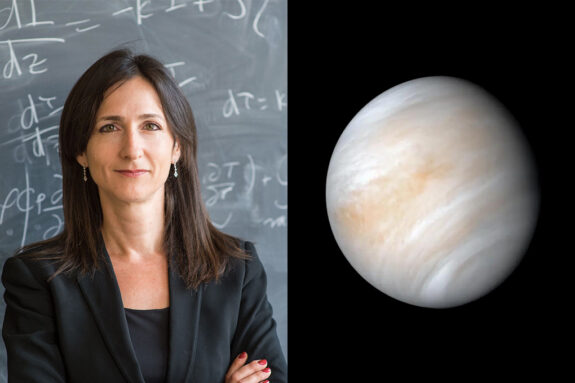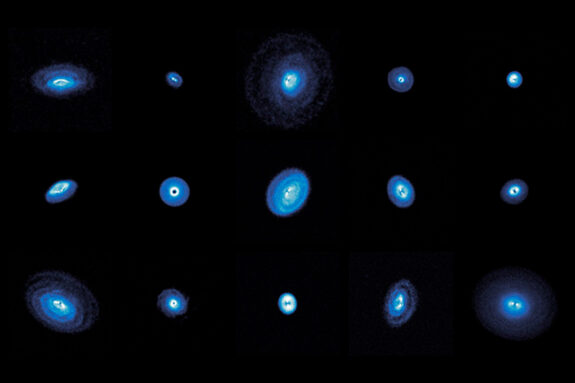Planets
- Exoplanets
- Planetary Formation
- Solar System Bodies
- Habitability
- Planetary Magnetism
- Extreme Environments + Earth Analogues
- Space Instrumentation + Remote Sensing

Questions That Drive Us
How do planets form and evolve? Why did Mars lose its dynamo? What role do atmospheres play in planetary evolution, and how might this inform us about Earth’s present environmental changes? What can exoplanets tell us about our own solar system? Do other Earthlike planets exist? Could they be harboring life?
The Work We Do
Exploring the workings of our solar system provides a window into Earth’s past, with implications for our future. The study of magnetic fields of meteorites has helped establish a timeline for how quickly our solar system emerged from its protoplanetary nebula and offers insights into the early composition of planetary bodies as they formed. The atmospheric extremes of other planets can tell us about our own climate and its potential changes, whether it be the cooling effects of dust, the heat-trapping properties of carbon dioxide, or even interactions with the solar wind. As we continue to discover the existence of water and organic molecules elsewhere in the solar system, we are given more clues to the origins of life on Earth—and the tantalizing prospect of detecting life beyond our own planet.
Our planetary research breaks boundaries between disciplines, integrating the fields of physics, chemistry, biology, astronomy, and the geosciences to understand the systems that shape the solar system, and our place in it.


